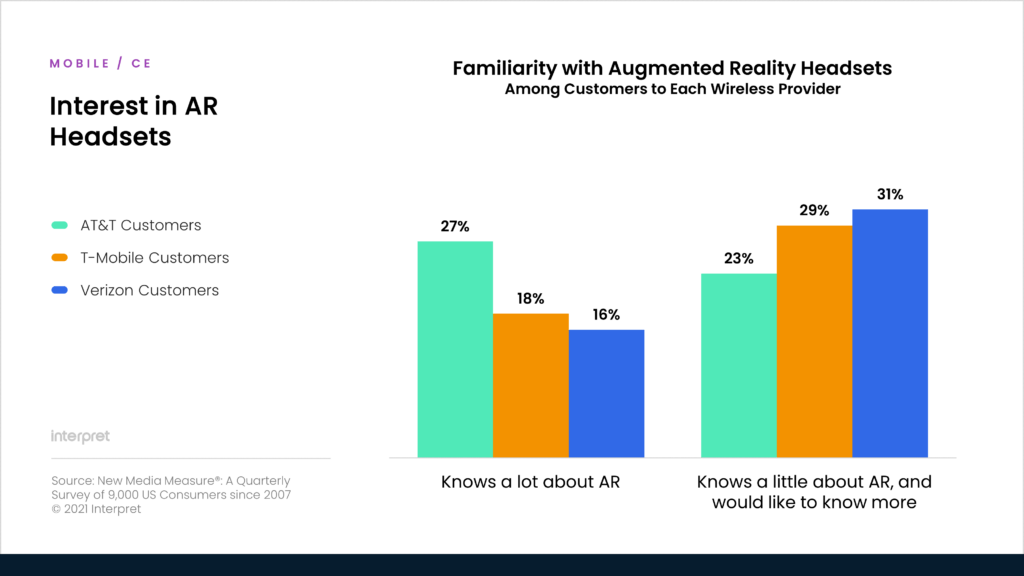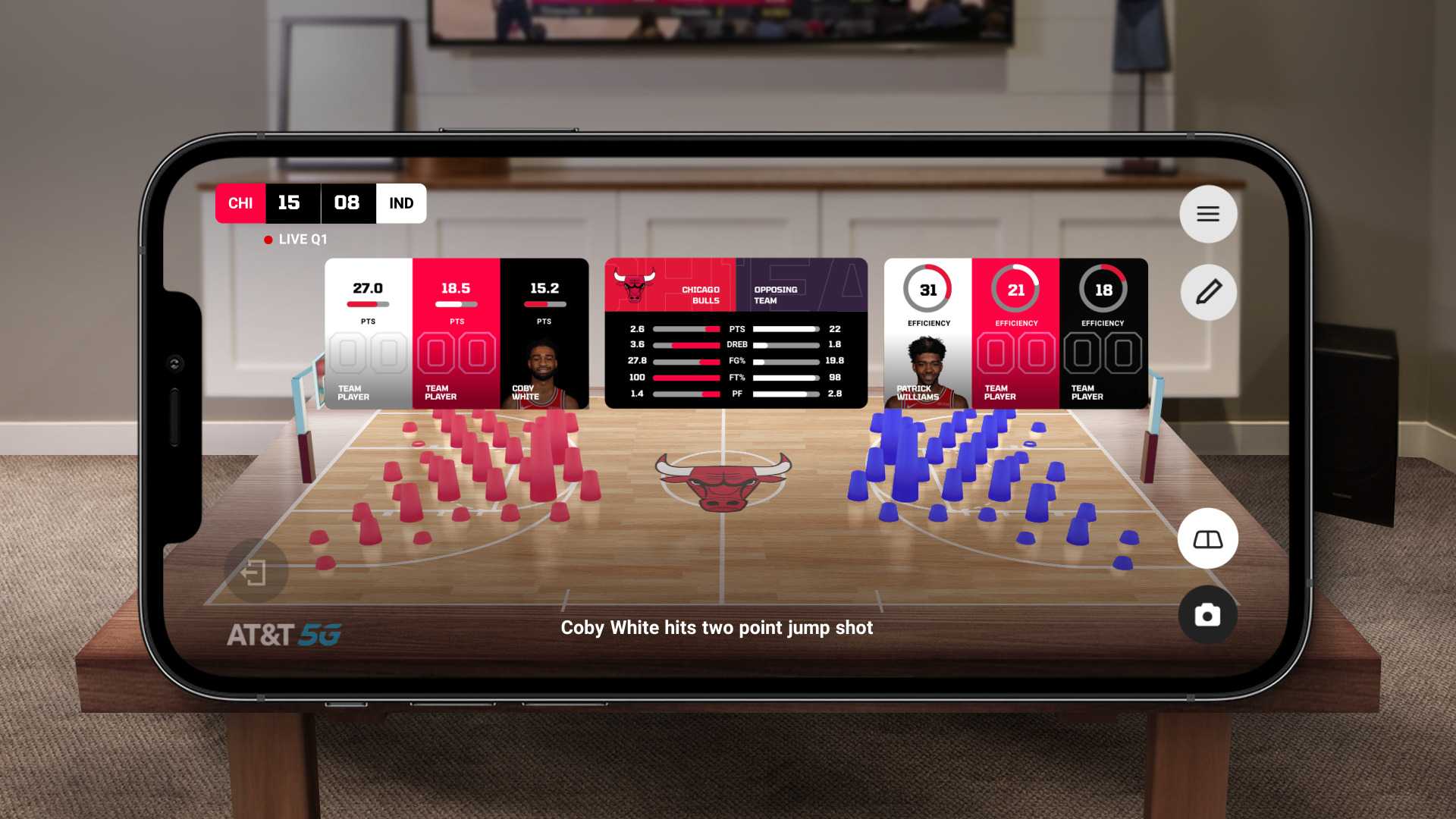Seemingly every tech firm is talking about the metaverse these days, particularly in the wake of Facebook rebranding as Meta and outlining its long-term metaverse goals. Before a true metaverse becomes feasible, however, the supporting infrastructure and technologies must become mature and reliable. If you ask leading wireless carriers, two pieces of the metaverse puzzle will be 5G networks and augmented reality (AR). Verizon, T-Mobile, and AT&T have collectively invested tens of billions of dollars into 5G, which is not yet widespread, and all three have been making moves into the AR space.
T-Mobile recently announced that it’s the exclusive 5G launch partner in North America for Qualcomm’s new Snapdragon Spaces XR Developer Platform. The goal is to work with developers, through T-Mobile’s Accelerator program, using Snapdragon Spaces to create 5G experiences for AR glasses across gaming, entertainment, and other industries starting in spring 2022. Neville Ray, President of Technology at T-Mobile, sees AR glasses as one of the first “disruptive product categories” to be powered by 5G.
AT&T has also been experimenting with 5G-powered AR, teaming with Ericsson last year to deliver a 3D, AR-based musical performance from Axel Mansoor. The telecom has also partnered with Warner Bros. on an AR-based Harry Potter experience at the Harry Potter store in New York City, as well as working with the NBA’s Chicago Bulls to provide an AT&T StatsZone, which allows fans to look up player stats in AR through the team’s app.
Verizon, too, has collaborated with Disney, Google, and Snap to create an Avengers AR experience, and its video conferencing arm, BlueJeans, is working to bring video chat to smart glasses from Vuzix. At this stage, it’s far too early to declare any competitive advantages, as AR remains a nascent technology and the metaverse is still many years away from societal acceptance/integration. Currently, according to Interpret’s New Media Measure®, more than one quarter of US consumers report knowing a little about AR and would like to know more, and 6% already own an AR headset. Among wireless carries, AT&T’s audience appears to be much more familiar with AR headsets than Verizon or AT&T customers. On the other hand, Verizon’s audience is showing the most interest in wanting to learn more about AR.





